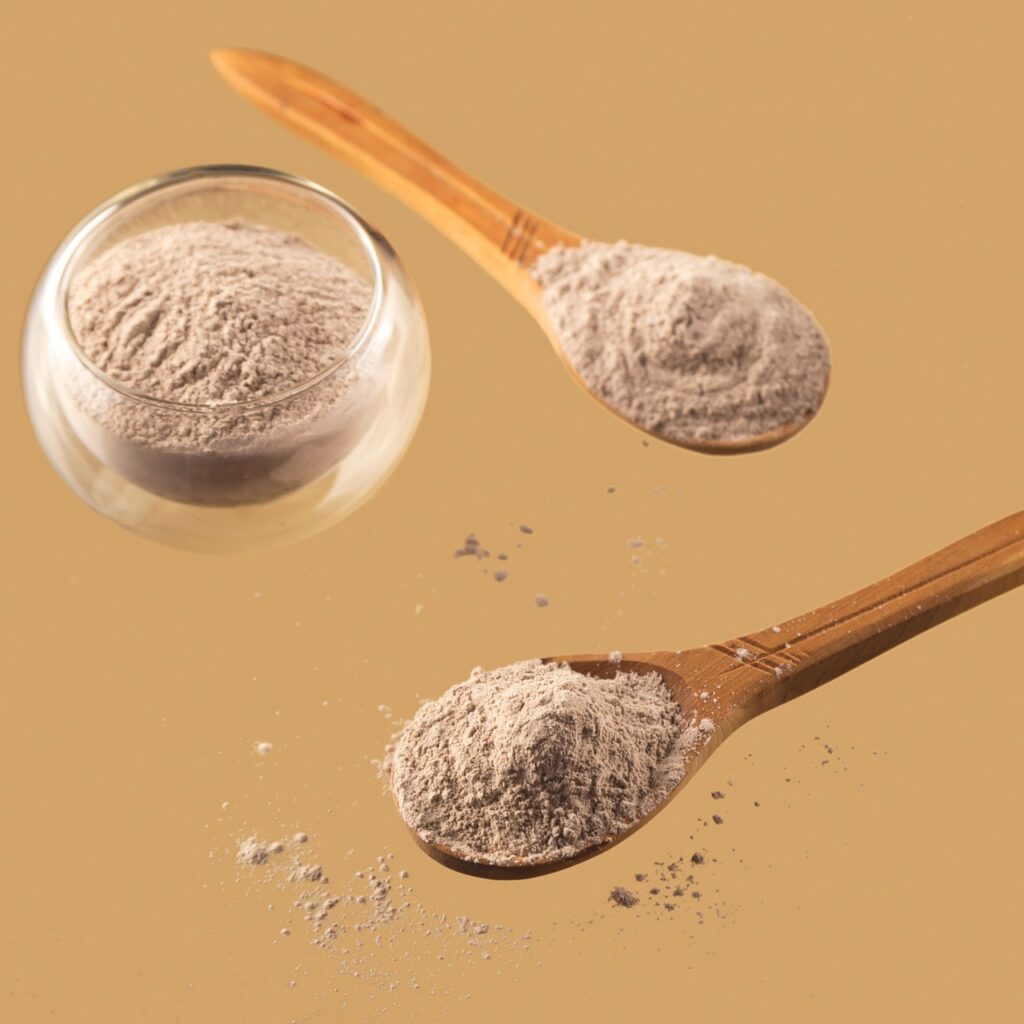Over the past few years, the beauty industry has undergone a transformative shift towards a more conscious approach. This change is marked by a growing demand for clean, sustainable, and ethical practices, as consumers become increasingly aware of the impact of their choices on both their skin and the environment. At the forefront of this movement are handmade skincare companies that prioritize clean beauty principles, catering to the rising desire for products that not only nurture the skin but also align with sustainable values. In this article, we delve into the significance of clean beauty for sustainable skincare brands that specialize in crafting handmade goods, exploring key factors that resonate with consumers and contribute to enhanced visibility.
Transparency and Ingredient Integrity
Clean beauty brands have carved a distinct niche for themselves by embracing transparency. With a meticulous selection process that focuses on natural, organic, and ethically sourced ingredients, these brands foster a sense of trust and authenticity with their customers. Handmade skincare businesses have a unique advantage in this arena, overseeing the entire manufacturing journey to ensure each ingredient meets stringent criteria. This emphasis on transparency not only nurtures customer loyalty but also captures the attention of conscientious shoppers seeking genuinely clean and sustainable skincare options.
Avoiding Harmful Chemicals
Handmade skincare companies, particularly those committed to clean beauty, offer a safer alternative by crafting products infused with natural and organic components. This approach significantly reduces the risk of skin irritations, allergies, and long-term health concerns. Moreover, their avoidance of harmful chemicals during production minimizes the potential release of contaminants into water bodies. This dedication to safety and environmental protection deeply resonates with today’s consumers, who prioritize their own well-being and the health of the planet.
Environmental Impact
Sustainability lies at the core of the clean beauty movement, and handmade skincare brands wholeheartedly embrace this ethos. By adopting practices that result in a smaller carbon footprint, energy conservation, waste reduction, and minimal machinery usage through small-batch production, these brands contribute to a more eco-friendly industry. Additionally, many of these businesses champion eco-conscious packaging solutions, such as recyclable or biodegradable materials. This commitment to sustainability strikes a chord with environmentally conscious consumers seeking ways to minimize their ecological impact.
Supporting Local Communities
The growth and sustainability of handmade skincare brands have far-reaching benefits for local communities. By adhering to fair trade principles and sourcing ingredients locally, these businesses provide economic stability to small-scale farmers and their families. Furthermore, their dedication to handmade production contributes to job creation, fostering local employment opportunities and preserving traditional craftsmanship. These community-centric efforts resonate with socially responsible consumers, creating a deeper connection between the brand and its audience.
Personalized Approach and Attention to Detail
One of the standout attributes of handmade skincare brands is their personalized approach and meticulous attention to detail. With the flexibility to cater to specific skin types, concerns, and individual preferences due to their smaller production scale, these brands offer bespoke solutions that address diverse customer needs. This tailored approach enables them to effectively address the unique requirements of their clientele. Their unwavering commitment to quality ensures that each product is crafted with care and undergoes thorough testing, resulting in an exceptional end-user experience.
In conclusion, handmade skincare brands champion clean beauty principles, transparency, and sustainability, setting a high standard for the industry. Their practices align harmoniously with the evolving preferences of modern consumers who value holistic well-being and environmental responsibility. By showcasing these values, handmade skincare companies can attract a dedicated customer base and contribute to a more sustainable and ethical future for the beauty industry and beyond.

